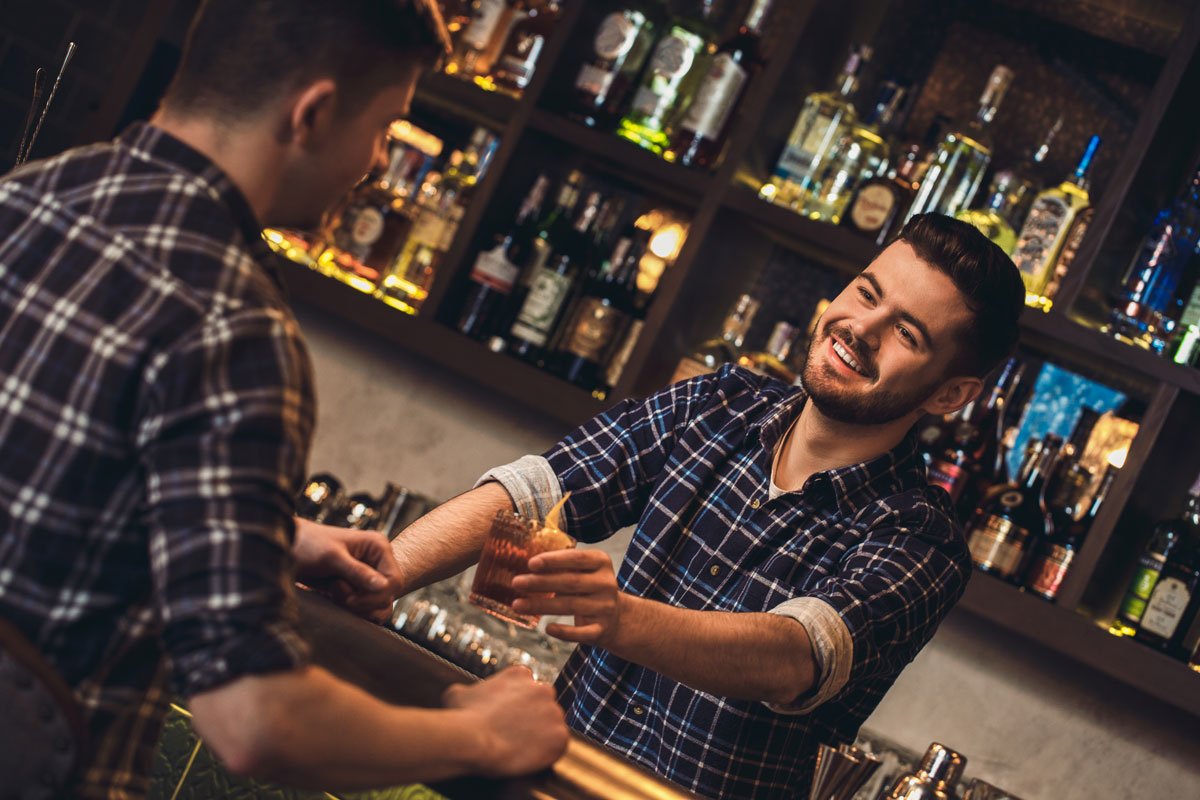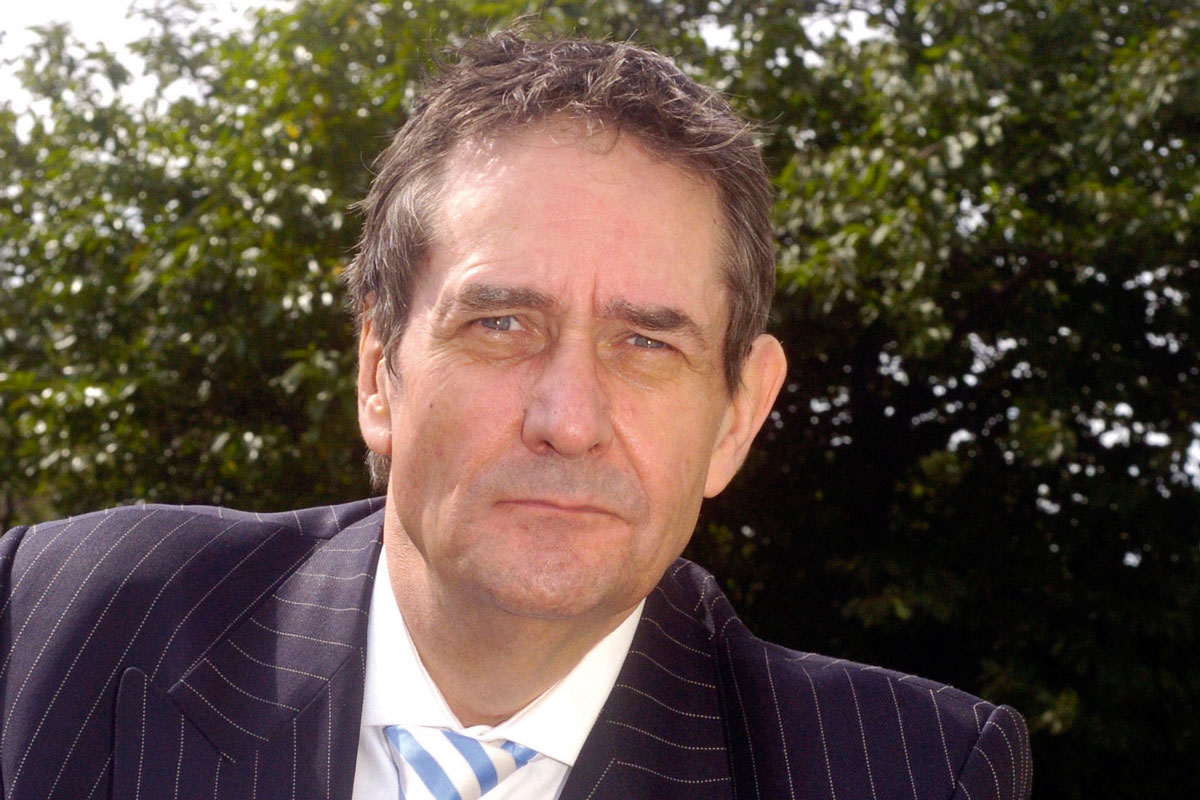
By Jack Cummins
‘Drunk’: a very ordinary word with, you might think, an uncomplicated meaning.
It’s been said that the Scots have more words for ‘drunk’ than the Eskimos do for snow.
‘Fu’, ‘blootered’, ‘stocious’, ‘hammered’ and ‘maroculous’ spring to mind – as well as some others not fit to print.
But for those involved in the management of licensed businesses it has a particular significance.
The Licensing (Scotland) Act 2005 sets out a whole raft of offences involving drunkenness, mostly carried forward from earlier legislation.
In summary, members of the public commit an offence in a variety of circumstances: entering licensed premises while drunk (except where the person resides on the premises); being drunk and incapable on licensed premises; obtaining alcohol for a drunk; helping a person who is drunk to obtain or consume alcohol on the premises; being drunk and behaving in a disorderly manner or using obscene or indecent language to the annoyance of any person.
On the management side, it’s an offence to sell alcohol to a person who is drunk and to allow drunkenness on the premises (or a breach of the peace or “other disorderly conduct”).
As I’ll explain in a moment, an offence under Section 114 of the Licensing Act is of particular significance.
There’s no definition of ‘drunk’ or ‘drunkenness’ in the Act. Instead, it’s been left to the courts to provide an interpretation.
The leading case is some 43 years old. Thomas Dunning, the manager of a brewery-owned hotel in Balloch, was considered to be ‘drunk’ during a routine police visit. The officers noted that he had blood-shot eyes, was unsteady on his feet, spoke incoherently and was smelling strongly of alcohol.
According to their evidence when the case came to trial, Dunning was ‘moderately drunk’ but not ‘drunk and incapable’.
In the unsuccessful High Court appeal against conviction, the Lord Justice-Clerk said that “state of intoxication” (the words used in an Act of 1903) suggested “a condition graver and more extreme than that which is suggested by ‘drunk’”.
In other words, ‘drunk’ is something less than ‘intoxicated’. (Incidentally, there’s no correlation here with so-called ‘drunk driving’ under the Road Traffic Act 1988: that proceeds under an altogether more scientific basis.)
The Dunning case was brought under the provisions of the Licensing (Scotland) Act 1976 but the offence of which he was found guilty was carried forward in Section 114 of the 2005 Act with modified language: “Any responsible person in relation to any relevant premises who is drunk while on the premises commits an offence”.
A “responsible person” includes the holder of a premises licence or an occasional licence and anyone over the age of 18 who is authorised to sell alcohol (whether that person is paid or unpaid).
The offence is capable of being committed even when the premises are closed to the public and the consumption of alcohol leading to the state of drunkenness may even have taken place elsewhere.
It’s also important to bear in mind that where the offence is committed by an employee the licence holder also stands to be convicted unless a ‘due diligence’ defence can be made out.
I’ve provided this outline of the law following a discussion with a colleague in the trade about the consumption of alcohol by bar staff while on duty as well as uncertainty around the meaning of ‘drunk’ – which, understandably, is considered a grey area.
That’s precisely why it’s important to err on the side of caution.
While one drink is unlikely to lead to a problem – and it’s certainly not against the law – it’s a practice best avoided.

Q: I work as a night porter in a small country hotel. When I was first employed the owners required me to obtain a personal licence so that guests could be supplied with a drink during my shift. I’d be the only member of staff on duty overnight. I’m now being told that even when the premises manager has gone home alcohol can still be served to residents provided the person doing so has undergone the appropriate training. Can you clarify the position?
A: It’s a question I’m asked regularly – does a personal licence holder require to be on the premises at all times when alcohol is sold? When the 2005 Act came into operation it attracted a divergence of opinion. A mandatory licence condition requires every sale of alcohol to be “authorised (whether generally or specifically) by (a) the premises manager, or b) another person who holds a personal licence”. However, this provision does not require “the premises manager to be present on the premises at the time any sale of alcohol is made”. Clear as mud, you might think.
Does this mean that, in the absence of the premises manager, sales must always be authorised by another licence holder? Regulations covering the operation of late-opening premises require the presence after 1am of a “designated person” who holds a personal licence. So, it might be argued, that presence would not be required but for this regulation – but it’s also been suggested that the regulation can’t override a requirement in the Act itself. In my view there is no absolute obligation to have a personal licence holder on duty during all trading hours. However, the lack of supervision by a personal licence holder may be an aggravating factor where the conduct of premises has given rise to a premises licence review. Returning to your own situation, it seems to me that it is sufficient that the drink is sold by someone who has undertaken the required two-hour staff training.




















